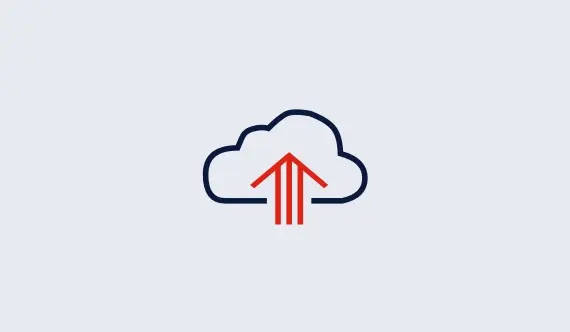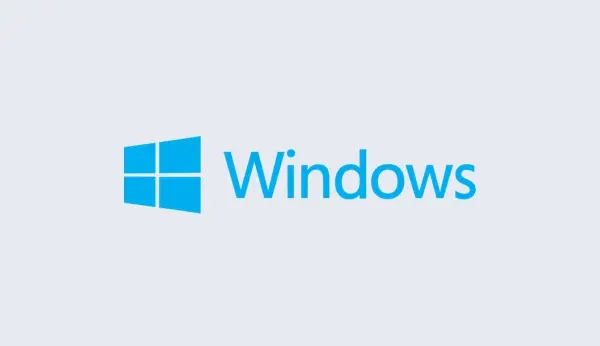Client Configuration
Compute Server clients must know how to reach the desired
servers. You have a few options for providing this information.
Your first is through the
client gurobi.lic file. That file should contain a line like
the following:
COMPUTESERVER=server1.mydomain.com,server2.mydomain.comYou can create this license file yourself, using your favorite text editor (
Notepad is a good choice on Windows).
You simply need to provide
a list of the names of the machines that are acting as Compute
Servers. You can refer to the Compute Server machines using their
names (e.g., server.mydomain.com) or their IP addresses (e.g.,
192.168.1.100).
Your client license file may optionally specify a few additional pieces of information. The first is the Compute Server password:
PASSWORD=abcdThis should match the password that you chose when you started the Compute Server. The second is the job priority:
PRIORITY=10As you might expect, higher priority jobs take precedence over lower priority jobs. Priorities will be discussed in more detail shortly. The third is the queuing timeout:
TIMEOUT=60A job that has been sitting in queue for longer than the specified
TIMEOUT value (in seconds) will return with a JOB_REJECTED
error.
Your second option for specifying the desired Compute Servers is
through API calls. The appropriate call depends on your programming
language. From C, you would call
GRBloadclientenv. From our
object-oriented interfaces, the GRBEnv constructors each
provide a signature that allows you to specify the compute server(s),
the compute server password, the job priority, and a timeout for
jobs submitted by that program.
Your final option for specifying the desired Computes Servers is
specific to the Gurobi command-line tool. The --server= or
--servers= argument allows you to provide a comma-separated
list of Compute Servers (and the optional --password argument
allows you to specify the user password):
> gurobi_cl --servers=server1,server2 --password=password1 misc07.mps









